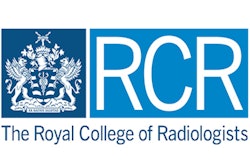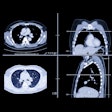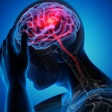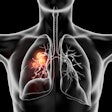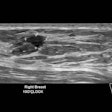Dear AuntMinnieEurope Member,
Interviews with radiologists representing national and international societies have become much more interesting of late. Take the example of two interviews posted on Tuesday by the Royal College of Radiologists (RCR). How refreshing to learn about senior people's love of mountain climbing, camping, and watching live sport.
Admittedly, the RCR articles fail to tackle the most important topic in U.K. healthcare: the ongoing wave of strike action by consultants, junior doctors, and radiographers. Do Stephen Harden and Louise Hanna support the strikes? Did they join the picket lines themselves? These questions weren't addressed, but on the plus side, they've promised to engage in AI assessment and make the RCR more inclusive and accountable.
Also worth reading is an interview posted by the German Roentgen Society. Prof. Dr. Johannes Wessling has serious concerns that the new hospital reforms fail to take account of interventional radiology. Political tensions appear to be growing. Find out more in the MRI Community.
For women with breast implants, tomosynthesis is not currently the technique of choice for screening, but this might soon be changing. Radiologists in Rome have developed a low-dose protocol that is producing excellent results. Don't miss our news report about the team's approach. Find out more in the Women's Imaging Community.
Another recent study that has caught our attention comes from Denmark. The researchers explain how AI systems are showing potential for short- and long-term breast cancer risk assessment. Our new Editorial Advisory Board member Dr. Filippo Pesapane has provided a commentary, and you can also watch a video interview with the lead author from Copenhagen.
Any research conducted at the prestigious Karolinska Institute in Stockholm deserves a close look. A paper published in Lancet Digital Health on 8 September found that AI alone and AI with one radiologist are equivalent to double reading by radiologists in breast imaging.





